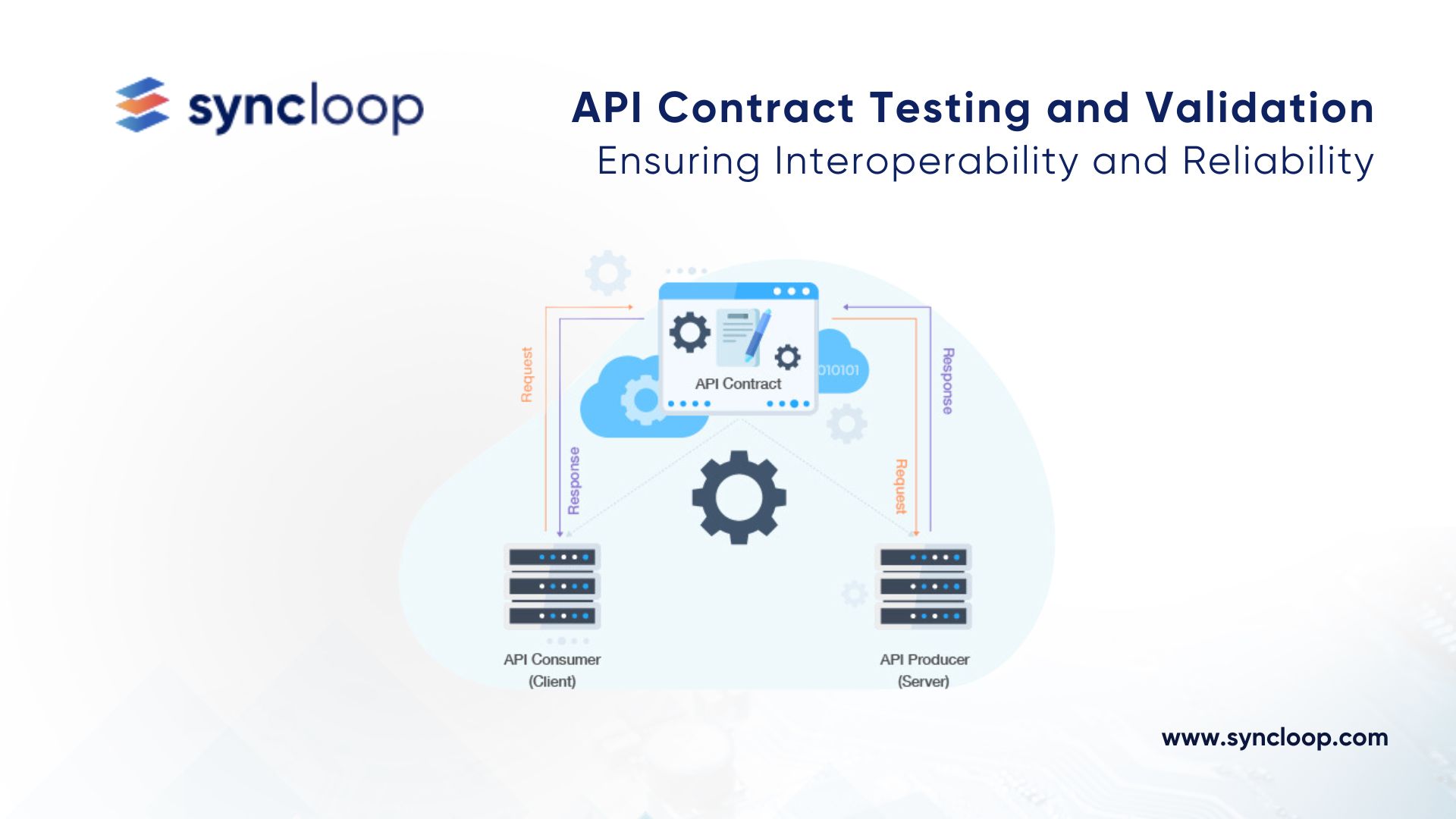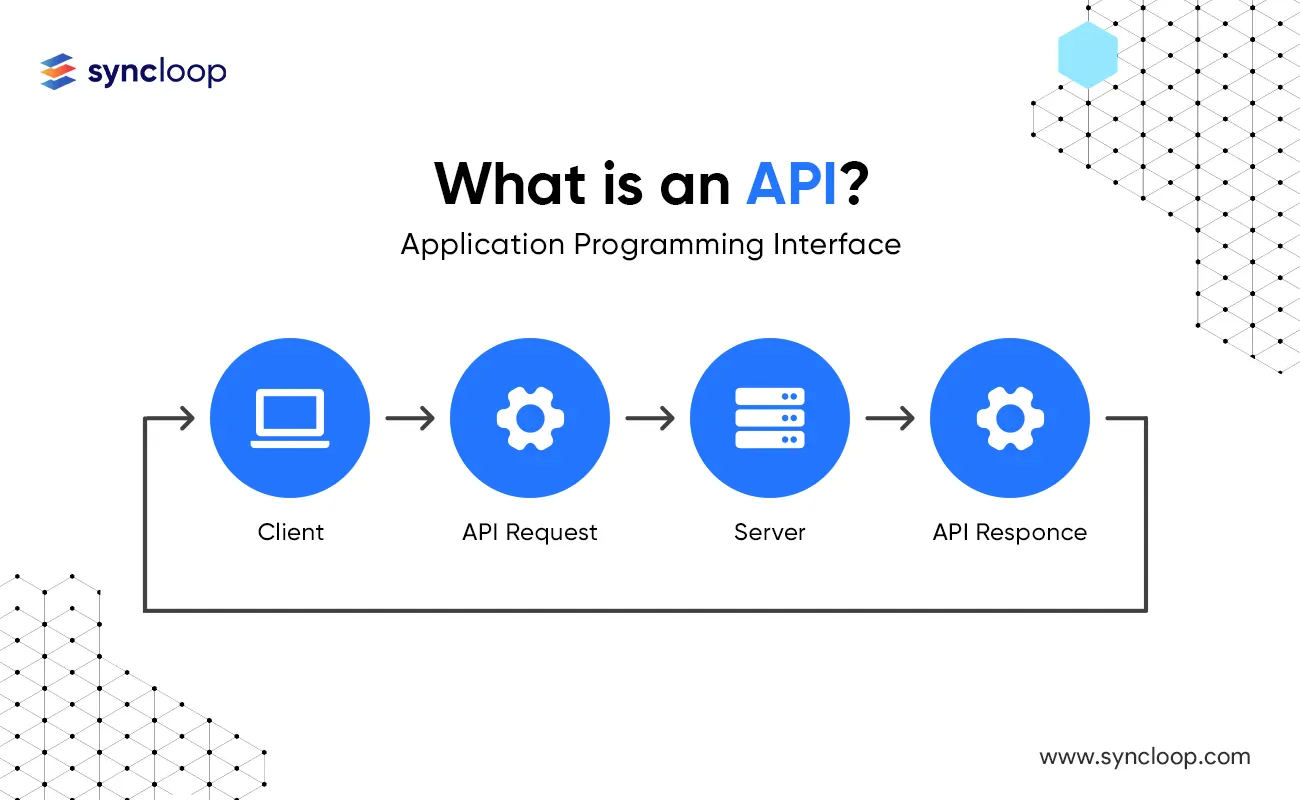API Contract Testing and Validation: Ensuring Interoperability and Reliability
Posted by: Deepak | August 14, 2024

Categories: API contract testing, API contracts, API validation, API interoperability, API reliability
In a world of interconnected systems, APIs (Application Programming Interfaces) have become the linchpin of digital interactions. To ensure seamless integration and prevent costly breakdowns, robust API contract testing and validation are essential. This blog delves into the importance of API contracts, the role of contract testing, and best practices for implementing this critical aspect of API development and management.
Understanding API Contracts
An API contract is a formal agreement between the API producer (the service provider) and the API consumer (the client) that defines the expected behavior of the API. It outlines the structure of requests, responses, error handling, authentication, and other relevant aspects of the API's functionality.
Key elements of an API contract include:
- API Specification: A clear and detailed definition of the API's endpoints, request/response formats, and data structures.
- Authentication and Authorization: The methods for verifying the identity of the API consumer and granting access to specific resources.
- Error Handling: A defined set of error codes and messages to provide meaningful feedback to API consumers.
- Versioning: A strategy for managing API changes while maintaining compatibility with existing clients.
The Role of Contract Testing
Contract testing involves verifying that the API producer and consumer adhere to the agreed-upon contract. It ensures that both parties are fulfilling their obligations, preventing integration issues and reducing the risk of unexpected errors.
Key benefits of contract testing:
- Early Detection of Integration Issues: By identifying contract violations early in the development process, contract testing prevents downstream problems.
- Improved Collaboration: Contract testing fosters collaboration between API producers and consumers, ensuring a shared understanding of the API's behavior.
- Increased Confidence: By validating the contract, contract testing builds confidence in the API's reliability and performance.
- Accelerated Development: By catching integration issues early, contract testing can speed up development cycles.
Implementing Contract Testing
Here are the key steps involved in implementing contract testing:
- Define the API Contract: Create a comprehensive API contract using a standardized format like OpenAPI (Swagger) or AsyncAPI.
- Generate Contract Tests: Based on the API contract, generate test cases that validate request and response structures, data types, and error handling.
- Integrate into CI/CD Pipeline: Incorporate contract testing into your continuous integration and continuous delivery (CI/CD) pipeline to ensure regular contract validation.
- Consumer-Driven Contract Testing: Allow API consumers to define their expectations and generate contract tests, promoting collaboration.
- Monitor Contract Compliance: Continuously monitor API traffic and contract compliance to identify potential contract violations.
Tools and Technologies for Contract Testing
Several tools and technologies can assist in implementing contract testing:
- API Definition Tools: Swagger, OpenAPI, and AsyncAPI are popular for defining API contracts.
- Contract Testing Frameworks: Pact, Spring Cloud Contract, and Postman are commonly used for contract testing.
- CI/CD Pipelines: Jenkins, GitLab CI/CD, and CircleCI can be used to automate contract testing as part of the build and deployment process.
- API Management Platforms: Some API management platforms offer built-in contract testing capabilities.
Contract Testing in Different Industries
Contract testing is applicable across various industries:
- FinTech: Ensuring secure and reliable communication between financial institutions and third-party providers.
- E-commerce: Validating integrations between e-commerce platforms and payment gateways, shipping providers, and other services.
- Healthcare: Ensuring data privacy and security by verifying contract compliance between healthcare providers and data consumers.
- IoT: Validating interactions between IoT devices and cloud platforms.
Challenges and Considerations
While contract testing offers significant benefits, there are also challenges to address:
- Contract Maintenance: Keeping API contracts up-to-date as the API evolves requires careful management.
- Test Data Management: Generating realistic and comprehensive test data can be time-consuming.
- Tool Integration: Integrating contract testing tools into existing development workflows can require additional effort.
Conclusion
API contract testing is a vital component of modern API development. By rigorously enforcing contract compliance, organizations can significantly improve API reliability, reduce integration issues, and accelerate development cycles. By combining contract testing with other quality assurance practices, you can build robust and dependable APIs that meet the needs of both developers and consumers.
Back to Blogs

